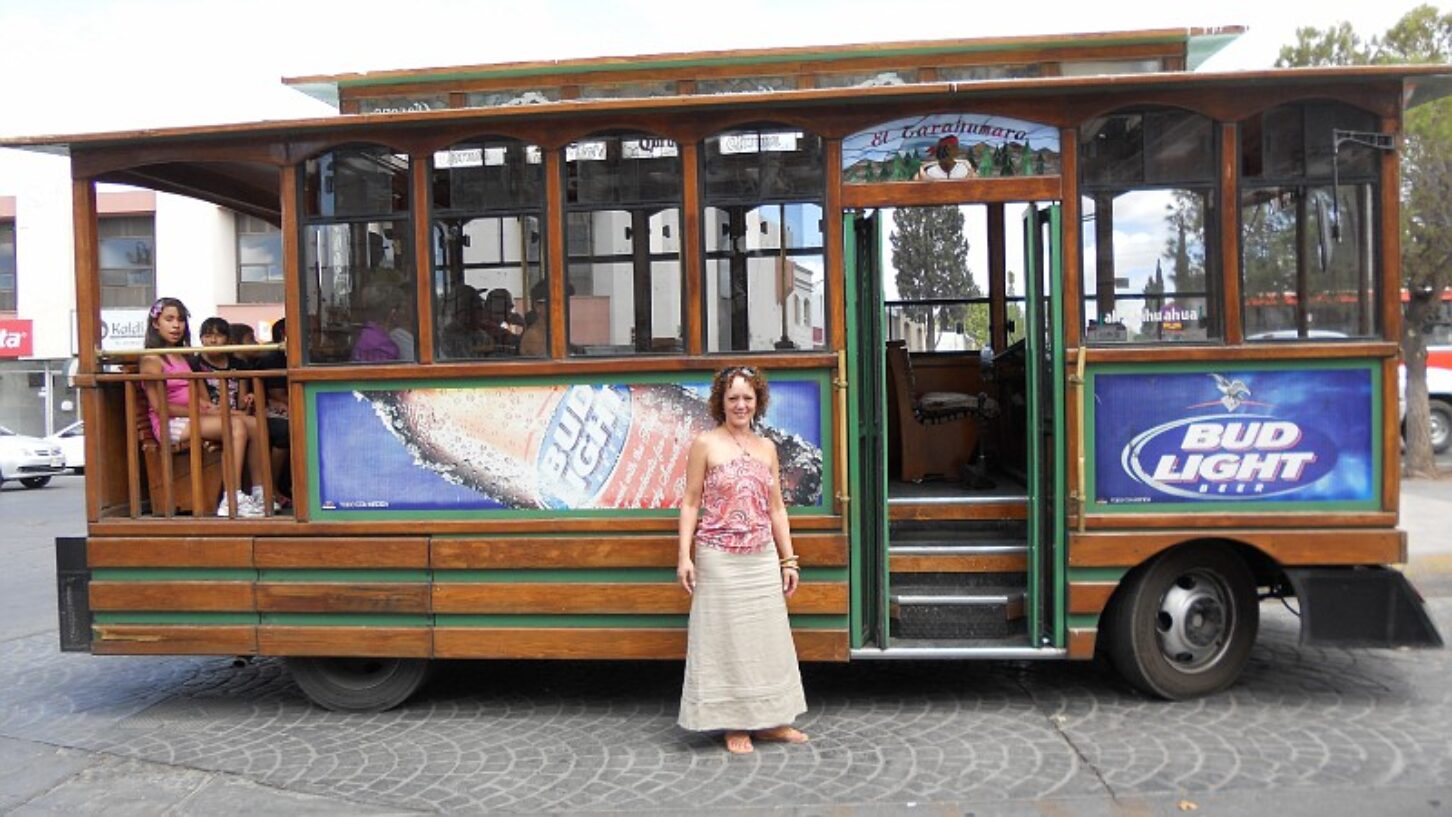
Four years ago, Steve Dickerson wrote a commentary for the Georgia Public Policy Foundation, “Five Ways Technology Can Transform Transportation.”
He pointed out, “The information technology wave is engulfing nearly all productive activities, based on the ever cheaper and capable power of computing and communications. Transportation modes, too, can benefit from the efficiencies of the technologies of cellular communications with global positioning systems (GPS) and Bluetooth.”
“Commuters would subscribe to a cellular-based transportation support system much as with their current telephone and energy utilities, running an appropriate transportation application on their phone. What can be accomplished?
1. Passengers can know with near certainty the arrival time of a shared vehicle.
2. Passengers can arrange for a shared ride or car with ease.
3. High-occupancy toll (HOT) lanes can be implemented with little more than marking of lanes as now done for HOV lanes.
4. All payments for shared rides and cars and tolls can be automated as a utility.
5. Shared cars can be any personal car.”
Much of this is happening around the nation, by the way. And it’s the way to make public transit more attractive: Study after study points out that transit passengers are more frustrated by the wait and the lack of information than they are by the bus or train ride itself.
Just this week, Mass Transit magazine shared a report on how commuters in Albuquerque, N.M., now can get the latest information on bus schedules delivered instantly to their mobile phone via AT&T Global Smart Messaging Suite.
According to a release, ABQ Ride, the city of Albuquerque’s transit department, launched the service as a way to communicate more effectively with riders. Commuters can send a text to a shortcode and receive the latest information on when the next bus will depart or possible delays incurred along certain routes.
Not only is this easier for passengers, it’s also a money-saver for the city: More than 50 percent of the calls to the city’s 311 contact center were related to transit – the No. 1 question being, “When is the next bus coming?” Each call cost the city about $2 to answer.
We’ve said it before, and we’ll say it again: American ingenuity and innovation will play a huge role in solving transportation challenges. The question is, how much attention are Georgia’s transit agencies paying to such easy, cost-effective innovations?


